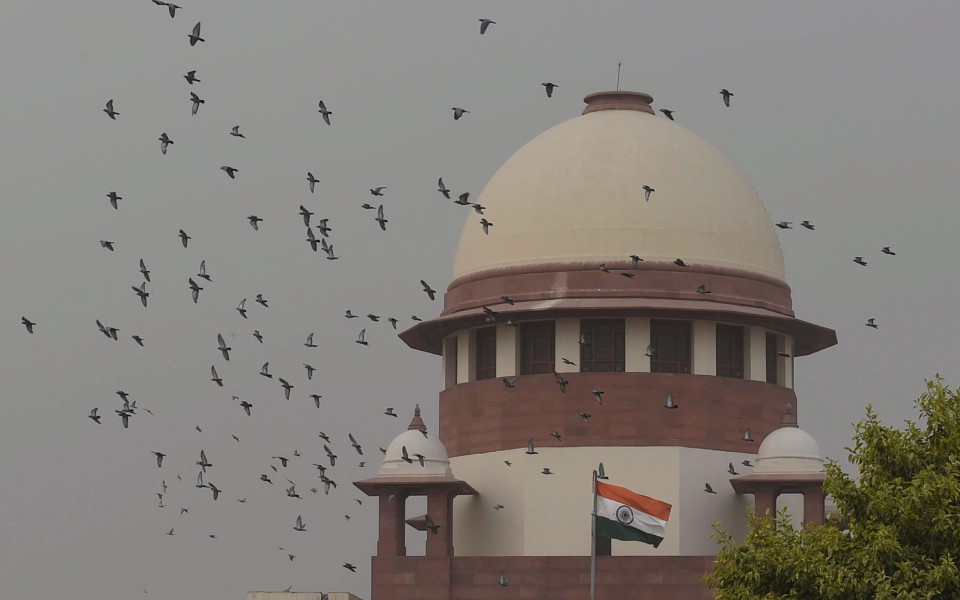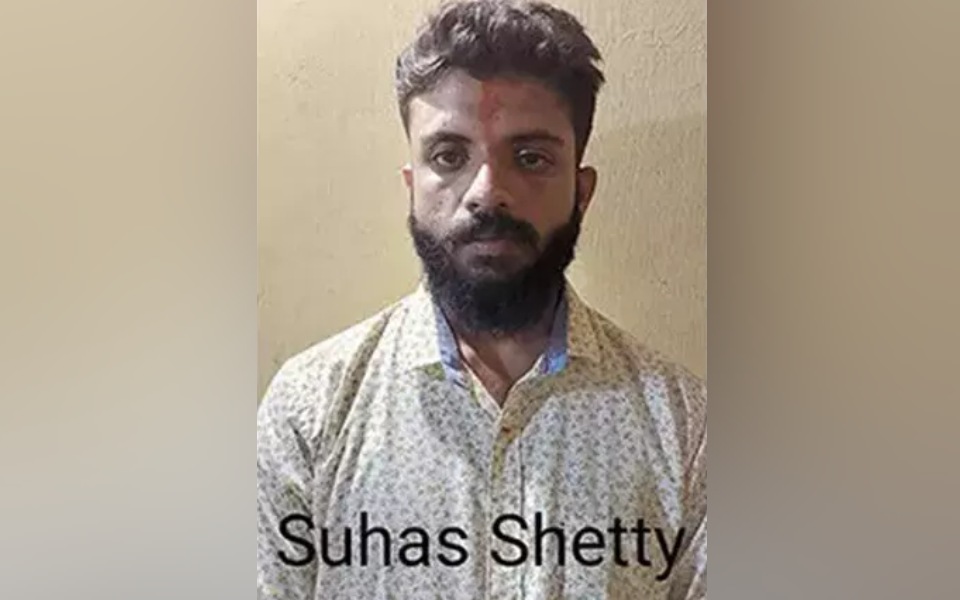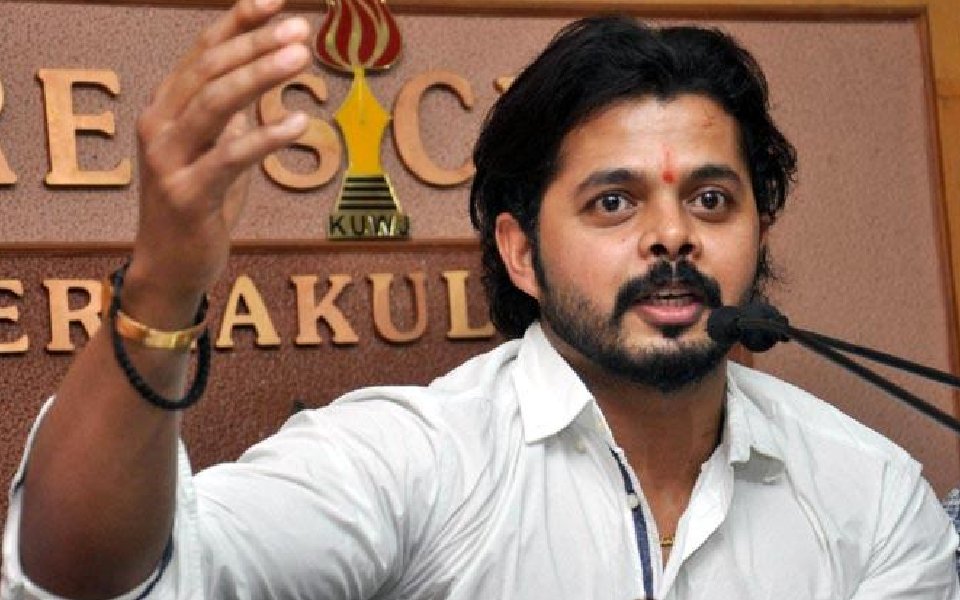Washington, Feb 23: President Joe Biden on Thursday announced that the US is nominating Indian-American business leader Ajay Banga to lead the World Bank.
"Ajay is uniquely equipped to lead the World Bank at this critical moment in history," President Biden said in a statement.
Banga, 63, currently serves as Vice Chairman at General Atlantic. Previously, he was President and CEO of Mastercard, leading the company through a strategic, technological and cultural transformation.
"He has spent more than three decades building and managing successful, global companies that create jobs and bring investment to developing economies, and guiding organisations through periods of fundamental change.
"He has a proven track record managing people and systems, and partnering with global leaders around the world to deliver results," Biden said.
Banga was awarded the Padma Shri in 2016.
Let the Truth be known. If you read VB and like VB, please be a VB Supporter and Help us deliver the Truth to one and all.
New Delhi, May 2 (PTI): In a peculiar case, a vendor accused of corruption for charging an extra Rs 2 for a stamp paper two decades ago was on Friday acquitted by the Supreme Court.
A bench of Justices J B Pardiwala and R Mahadevan said the prosecution failed to establish beyond all reasonable doubt, the demand of bribe and its acceptance under the provisions of Prevention of Corruption (PC) Act.
The top court, therefore, set aside the 2013 conviction of Delhi-based Aman Bhatia, a licensed stamp vendor from a local court.
The Delhi High Court had confirmed his punishment in 2014.
It came on record that on December 9, 2003, the complainant went to the office of the sub-registrar, Janakpuri in Delhi to purchase a Rs 10 stamp paper.
Bhatia allegedly demanded Rs 12 for a Rs 10 stamp paper.
Against the extra demand of Rs 2, the complainant lodged a written complaint with the anti-corruption branch, which laid a trap to catch Bhatia red handed.
Bhatia was subsequently booked for overcharging under provisions of the PC Act and convicted on January 30, 2013 and sentenced to a year in prison.
His conviction and sentence were confirmed by the high court on September 12, 2014 by holding him a public servant under the provisions of the PC Act.
On Friday, the top court while deciding the appeal of Bhatia answered two questions -- if the high court was right in holding a licensed stamp vendor a public servant and if yes, whether his conviction sustainable?
The top court held stamp vendors in the country, performed an important public duty and received remuneration from the government for such public services be termed as public servants under provisions of Prevention of Corruption Act.
"Stamp vendors across the country, by virtue of performing an important public duty and receiving remuneration from the government for the discharge of such duty, are undoubtedly public servants within the ambit of Section 2(c)(i) of the PC Act," the bench ruled.
The legislature, the top court said, used a comprehensive definition of "public servant" to achieve the purpose of punishing and curbing the growing menace of corruption and keeping this intention of the legislature in mind, the definition of "public servant" as defined under the Prevention of Corruption Act (PCA) Act should be given a purposive and wide interpretation.
"It is the nature of duty being discharged by a person which assumes paramount importance when determining whether such a person falls within the ambit of the definition of public servant as defined under the PC Act," the bench said.
Referring to the provisions of Delhi Province Stamp Rules, 1934 the bench held Bhatia was remunerated by the government and therefore his case attracted the PC Act.
Despite holding Bhatia a public servant under the provisions of the PC Act, the top court did not find a demand of bribe and its acceptance in the trap laid by the ACB.
"There is no question of a presumption under Section 20 (public servant accused of offences). Consequently, we find ourselves compelled to conclude that it would be entirely illegal to uphold the conviction of the appellant under Sections 13(1)(d)(i) and (ii) read with Section 13(2) of the Act," it said.
The bench while allowing Bhatia's appeal said his conviction couldn't be sustained and was, therefore, deserved to be set aside.





